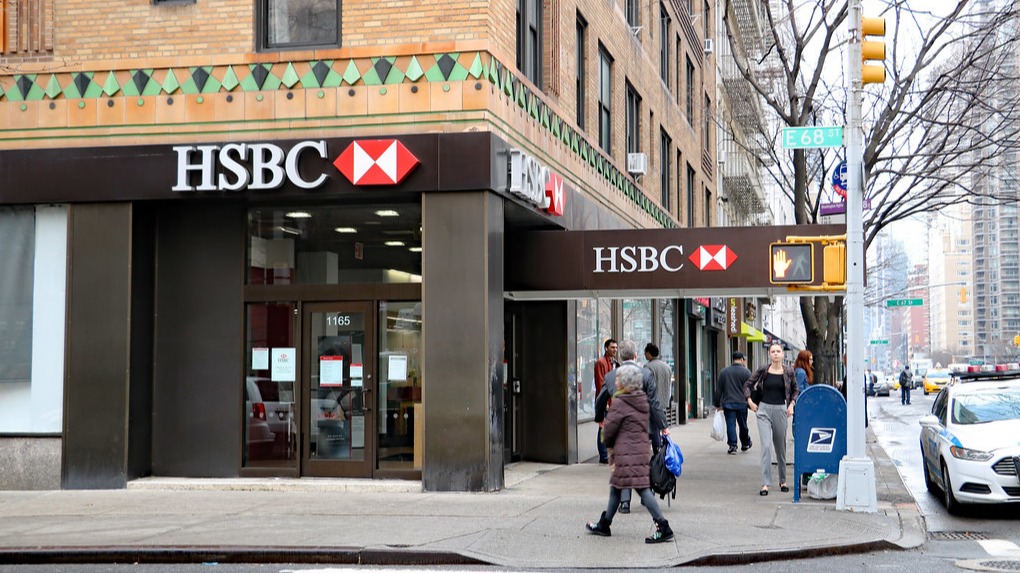British supermarket giant Sainsbury's has announced the sale of its automated teller machine (ATM) business to NoteMachine, a Brink's Company, marking another step in the retailer's ongoing efforts to streamline its banking operations and reduce costs.
The deal, which is expected to be finalised by May 2025, will see NoteMachine take ownership and management of approximately 1,370 cash machines across Sainsbury's locations nationwide. Under the terms of the agreement, all ATMs will remain in their current positions, ensuring customers continue to have free and convenient access to cash.
Simon Roberts, chief executive officer at Sainsbury's, expressed satisfaction with the arrangement, stating, "We are really pleased that we can keep offering our customers free access to cash at all of our existing locations while also simplifying our banking business and reducing our costs. We're confident that NoteMachine is the right partner for us and our customers."
The sale comes on the heels of Sainsbury's January announcement of a phased withdrawal from its core banking business. In June, the company struck a deal to sell the majority of its banking operation to NatWest, while retaining commission-income businesses such as insurance and travel money.
Steve Makaritis, chief executive officer for NoteMachine, a Brink's Company, welcomed the partnership, saying, "This agreement aligns perfectly with our mission to make banking easier, more convenient and accessible for all. By expanding our ATM network, we are taking another step toward providing exceptional service, whether in urban or rural areas."
The long-term partnership is structured to provide Sainsbury's with a shared commission income stream. This move is part of the retailer's broader strategy to simplify its banking business and achieve significant cost savings. In February, Sainsbury's announced its aim to secure an additional £1 billion in operating cost savings over the next three years to fuel investment in its core food offer.
While financial details of the ATM business sale were not disclosed, the deal represents a significant milestone in Sainsbury's ongoing transformation of its banking arm. As Britain's second-largest grocer continues to focus on its primary retail operations, this strategic divestment underscores the company's commitment to streamlining its business model and enhancing operational efficiency.
Latest News
-
Gemini to cut quarter of workforce and exit UK, EU and Australia as crypto slump forces retrenchment
-
Bank ABC’s mobile-only ila bank migrates to core banking platform
-
Visa launches platform to accelerate small business growth in US
-
NatWest to expand Accelerator programme to 50,000 members in 2026
-
BBVA joins European stablecoin coalition
-
eToro partners with Amundi to launch equity portfolio with exposure to ‘megatrends’
Creating value together: Strategic partnerships in the age of GCCs
As Global Capability Centres reshape the financial services landscape, one question stands out: how do leading banks balance in-house innovation with strategic partnerships to drive real transformation?
Data trust in the AI era: Building customer confidence through responsible banking
In the second episode of FStech’s three-part video podcast series sponsored by HCLTech, Sudip Lahiri, Executive Vice President & Head of Financial Services for Europe & UKI at HCLTech examines the critical relationship between data trust, transparency, and responsible AI implementation in financial services.
Banking's GenAI evolution: Beyond the hype, building the future
In the first episode of a three-part video podcast series sponsored by HCLTech, Sudip Lahiri, Executive Vice President & Head of Financial Services for Europe & UKI at HCLTech explores how financial institutions can navigate the transformative potential of Generative AI while building lasting foundations for innovation.
Beyond compliance: Building unshakeable operational resilience in financial services
In today's rapidly evolving financial landscape, operational resilience has become a critical focus for institutions worldwide. As regulatory requirements grow more complex and cyber threats, particularly ransomware, become increasingly sophisticated, financial services providers must adapt and strengthen their defences. The intersection of compliance, technology, and security presents both challenges and opportunities.
© 2019 Perspective Publishing Privacy & Cookies













Recent Stories